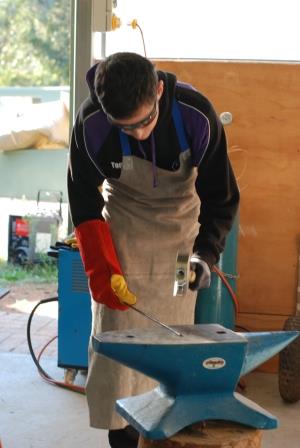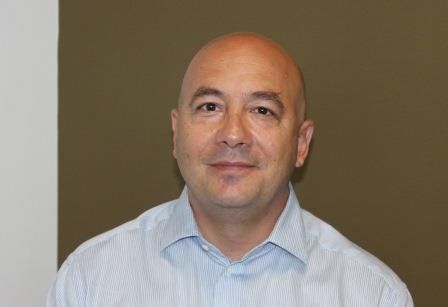Future Of Work
Reshaping Capitalism: 5 Reasons why you need to pay attention to Social Entrepreneurship
 It sounds like yet another business buzz-word.
It sounds like yet another business buzz-word.
But before you tune out and disregard social entrepreneurship along with "paradigm shift" or "growth hacking" you might want to read on....
We are at the beginning of a business revolution that can be characterised by creativity, innovation and compassion. This revolution is the result of the ongoing global struggle with capitalism and free-market ideologies.
Collaboration at a Crossroads: How will we work remotely in the future?
 When it comes to working from home, telecommuting, telework and so on, one of the common areas that organisations are right to grapple with is which people, which tasks, which days, which clients and so on are well suited to remote work?
When it comes to working from home, telecommuting, telework and so on, one of the common areas that organisations are right to grapple with is which people, which tasks, which days, which clients and so on are well suited to remote work?
These decisions can make or break productivity.
But applying remote work in your organisation just got a whole lot easier.
Are you aware of adaptive learning? You should be.
 For as long as there have been classrooms, students have been trying to learn.
For as long as there have been classrooms, students have been trying to learn.
The success of their efforts has often been attributed to their teacher, their learning style or their affinity with the subject.
But how often do we attribute students' success or failure in the classroom to a computer program? This scenario is becoming increasingly likely, thanks to adaptive learning.
In one study of adaptive learning students achieved a 15% improvement in success rates. In another study failure rates in a course at the University of New South Wales reduced from 31% to 7%.
So what is adaptive learning and how is it different to computer-based learning we are already familiar with?
Future of Work: Professional Services
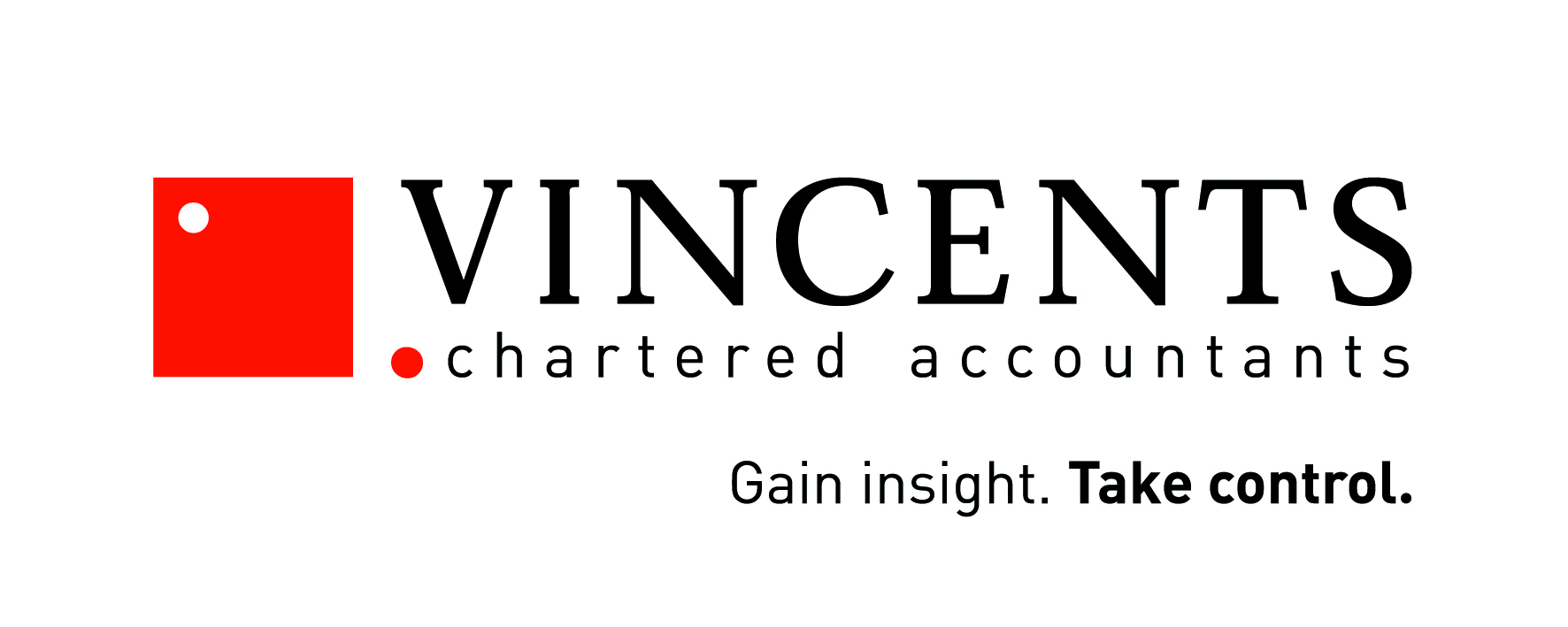 The modern workplace is constantly evolving. There are many drivers of change influencing how we work today, with rapid change expected for the future of work.
The modern workplace is constantly evolving. There are many drivers of change influencing how we work today, with rapid change expected for the future of work.
Lighthouse recently spoke to Tony Lane from Vincents Chartered Accountants who gave insight into the drivers of change impacting his own industry and what it means for those working in it, as well as how he sees the future of work for the service industry as a whole.
Future of Work: Co-Working
 Co-working spaces can be a great alternative to a home office. They're set up like an office, so no more having to move your stuff from the kitchen table each night.
Co-working spaces can be a great alternative to a home office. They're set up like an office, so no more having to move your stuff from the kitchen table each night.
Lighthouse recently spoke to Andy Snell and Chris Shackleton from Rollercoaster Digital to hear about their experience of moving into a co-working space.
We Need Start-Ups!
 We need start-ups in Canberra - both for employment and for ideas. People starting new businesses and trying new things adds vibrancy to the economy.
We need start-ups in Canberra - both for employment and for ideas. People starting new businesses and trying new things adds vibrancy to the economy.
In fact, start-ups are at the forefront of many of the trends that are driving the future of work.
Start-ups have embraced the new era of connectivity and interactive technology and their work practices reflect this. Being mobile, connecting to work via the 'cloud', collaborating both through online platforms and face-to-face through co-working spaces; they embrace the idea of working flexibly. Because start-ups are usually cash-strapped they also look at compensation differently.
Where possible, they pay for results rather than hours worked and they also look beyond just monetary incentives to reward staff.
Is the future of work self-employment and entrepreneurship?
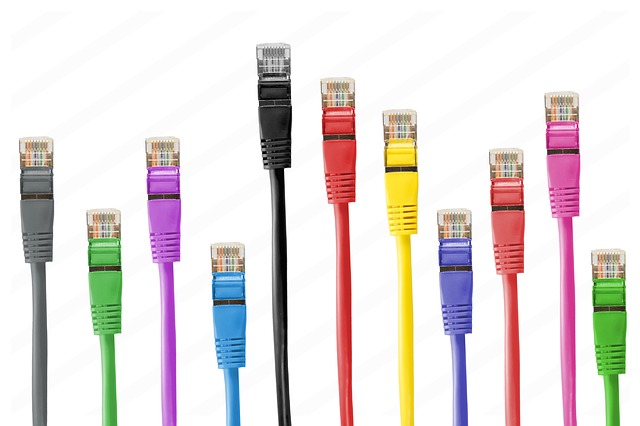 The future is already unfolding around us.
The future is already unfolding around us.
We are seeing drivers of change everywhere - in technology as more people get connected; in globalisation with the emerging economies of India and China; in changing demographics as people live longer; in increasing energy prices and even at a social level as more women enter the workforce and more men look for balance in their lives.
Some of these forces can have negative consequences. In some instances technology is replacing jobs and we are seeing an increasing fragmentation as permanent jobs are being replaced by short-term contracts.
However, we are also seeing some exciting opportunities especially for those who would like to craft their own futures.
Mindshop: Working Virtually Everywhere Future-Proofed the Business
 Chris Mason is the chairman and founder of Mindshop, a global advisory company operating out of South Yarra, Melbourne.
Chris Mason is the chairman and founder of Mindshop, a global advisory company operating out of South Yarra, Melbourne.
It's not often that you meet an advocate of the benefits of working remotely but Chris is one of those people.
I met him on a webinar during the week and asked him if I could spend a bit more time getting to know his business to find out why remote work is so important to him.
When we spoke, Chris had made calls within the past 24 hours to Toronto, Colorado, Ireland and Germany. In a typical week he speaks to clients in at least five countries.
Why you need to know about the future of work
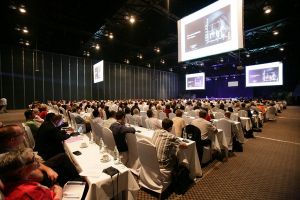 The future of work has never been such a hot topic in business circles as it is today.
The future of work has never been such a hot topic in business circles as it is today.
Forbes, Fast Company and the Economist are just a few of the major media outlets dedicating significant space to the topic, no doubt because major change is afoot in today's workplaces.
The exponential pace of technological change is driving widespread shifts in where, when and how we work.
With economic and demographic shifts also at play, there's a lot to get your head around.
Manager of the Future: superhero?
 We hear that the future is going to be disruptive, more complex and more volatile.
We hear that the future is going to be disruptive, more complex and more volatile.
How can managers and leaders respond to the challenges of a more complex world?
We won't deal with this era of rapid change by gathering superhuman powers – and yet somehow, that's exactly what seems necessary.
Will it take superhuman efforts to lead your organisation into the future?
Maker Culture in Schools Essential for Jobs of the Future
Lachlan Blackhall is a young Canberra entrepreneur and co-founder of Reposit Power, a company developing software to store, shift and trade electricity using grid-connected, residential energy storage.
They are a growing company with around a dozen employees.
Companies like Reposit Power are exactly what the ACT desperately needs to reduce dependence on the public service and build a diversified and vibrant private sector.
However, Lachlan will be the first to admit that finding the right people can be a challenge.
Anna Pino from innovation consultancy, Lighthouse Business Innovation Centre, agrees with Lachlan.
"Innovative companies such as Reposit Power that create jobs and build new industries will increasingly need staff capable of producing new ideas to solve different kinds of problems," says Anna.
How Do We Educate Our Children to Take Their Place in the 21st Century When We Don't Know What It Will Look Like
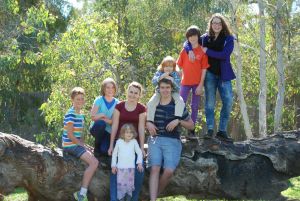 There's that saying "if you do what you've always done, you'll get what you've always got".
There's that saying "if you do what you've always done, you'll get what you've always got".
I think we've all realised that the world of work and business is changing so fast that we can no longer do what we've always done.
However, changing the way we think is not that easy.
That's why we need a new generation of thought leaders.
AIE: The story of a Canberra company that's making its own way
The team at Lighthouse spoke to John De Margheriti the founder and chairman of the Academy of Interactive Entertainment (AIE) to discover the inspiring story behind the AIE's accidental beginnings and how it has grown to become Australia's most awarded 3D animation, game design and visual FX educator.
The AIE was originally a for-profit business unit of a company called Micro Forté.
Micro Forté is a video games developer, formed in 1985 by a group of university students who came together to develop video games.
Interview with a 'corporate undertaker'
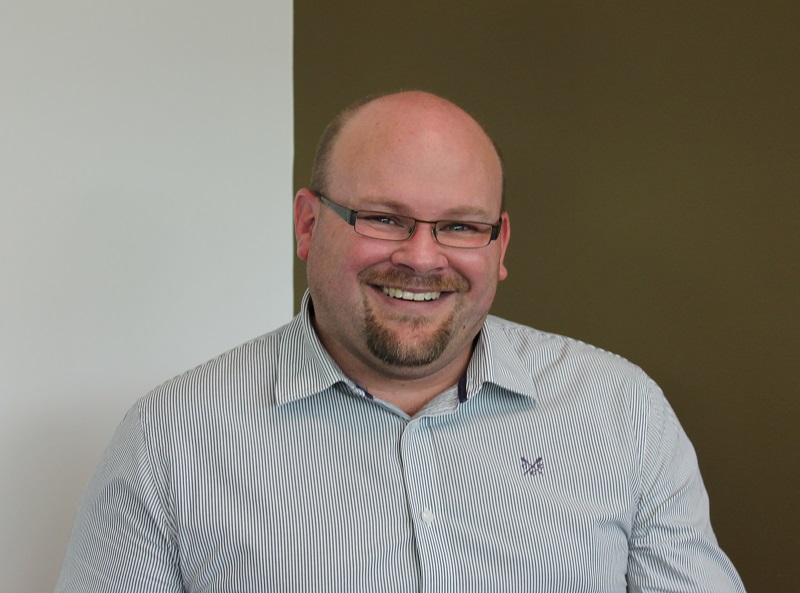 Speaking to an insolvency practitioner seems like a strange place to start a story on The Future of Work.
Speaking to an insolvency practitioner seems like a strange place to start a story on The Future of Work.
However, Tony Lane from Vincents Chartered Accountants, a Canberra insolvency and forensic accounting practice, provides us with a rather unique view when it comes to understanding which businesses are likely to be around in the next decade and therefore what the future of work might look like.
Insolvency practitioners are often maligned in the media - called all sorts of nasty things like a 'corporate undertaker' or 'financial street-sweeper'. In Tony's view the criticism is unfair as insolvency practitioners do more than clean up others' messes and put companies 'to bed' – they provide a public service and are a real-time source of business intelligence.


